In the vast world of financial trading, two prominent players have captured the attention of investors: Forex (foreign exchange) trading and Bitcoin trading. Both markets offer unique opportunities and challenges, and understanding the differences between them is crucial for anyone looking to navigate the exciting yet complex realm of trading. Let’s delve into the distinctions between Forex trading and Bitcoin trading:
Forex Trading:
- Market Scope: Forex, short for foreign exchange, involves the trading of fiat currencies. The Forex market is the largest and most liquid financial market globally, with participants ranging from individual traders to central banks.
- Liquidity and Accessibility: Forex markets are highly liquid, allowing for swift execution of trades. Accessibility is a key advantage, as the Forex market operates 24 hours a day, five days a week, enabling traders to engage in transactions at almost any time.
- Pairs and Leverage: Forex trading involves the pairing of different currencies, such as EUR/USD or USD/JPY. Leverage is commonly utilized in Forex trading, enabling traders to control larger positions with a smaller amount of capital.
- Influence of Economic Factors: Forex prices are heavily influenced by economic indicators, geopolitical events, and central bank policies. Traders often analyze economic data, interest rates, and political developments to make informed trading decisions.
- Stability and Established Framework: The Forex market is well-established and has a long history. The regulatory framework varies by region but is generally more structured compared to the cryptocurrency space.
Bitcoin Trading:
- Market Type: Bitcoin trading occurs on cryptocurrency exchanges and involves the buying and selling of the digital currency, Bitcoin. The cryptocurrency market operates 24/7, providing continuous trading opportunities.
- Volatility and Potential Returns: Cryptocurrencies, including Bitcoin, are known for their price volatility. While this volatility presents risks, it also creates opportunities for significant returns, attracting traders seeking high-risk, high-reward scenarios.
- Decentralization and Limited Supply: Bitcoin operates on a decentralized blockchain, providing a degree of independence from traditional financial institutions. Its limited supply of 21 million coins adds a deflationary aspect, potentially impacting its long-term value.
- Market Sentiment and Technological Factors: Bitcoin prices are often influenced by market sentiment, technological developments, and regulatory news within the cryptocurrency space. Traders may closely monitor social media trends and technological advancements in the blockchain industry.
- Relative Newcomer: Compared to Forex, cryptocurrency trading is relatively new. The regulatory landscape is evolving, and the market is still finding its place in the broader financial ecosystem.
Choosing Between Forex and Bitcoin Trading:

- Risk Tolerance: Forex trading, while volatile, is generally considered less risky than Bitcoin trading due to the established nature of fiat currencies. Bitcoin’s price volatility can lead to rapid and substantial gains, but it also poses a higher risk of significant losses.
- Market Understanding: Traders should have a clear understanding of the market they choose to engage in. Forex trading requires knowledge of global economic factors, while Bitcoin trading demands an understanding of the unique dynamics of the cryptocurrency market.
- Diversification: Some traders opt to include both Forex and Bitcoin in their portfolios to diversify their investments. Diversification can help spread risk across different asset classes.
In conclusion, both Forex and Bitcoin trading offer distinct opportunities and challenges. The choice between them ultimately depends on an individual’s risk tolerance, market understanding, and investment goals. It’s crucial for traders to conduct thorough research, stay informed about market developments, and consider seeking professional advice before engaging in either form of trading.



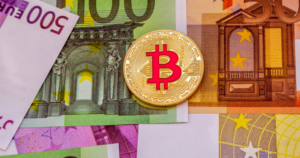
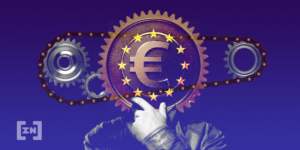








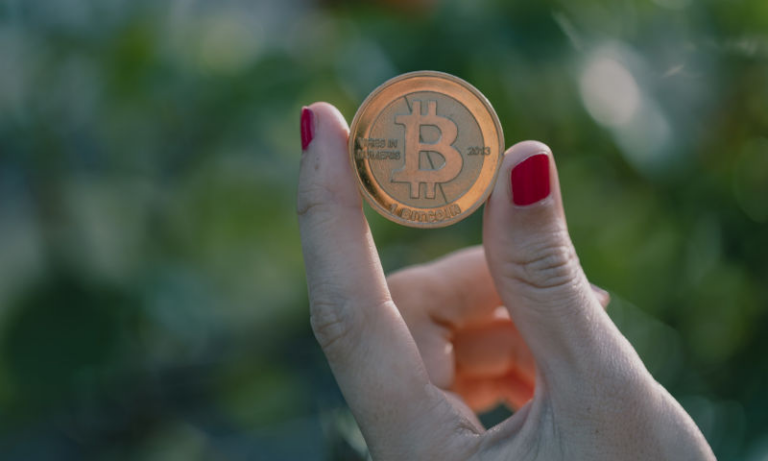



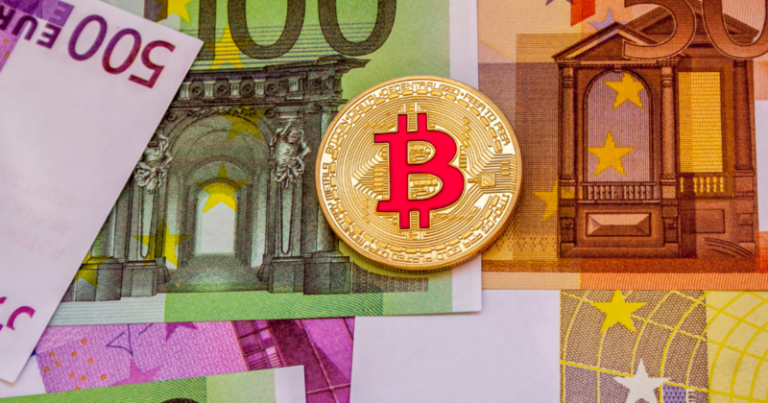
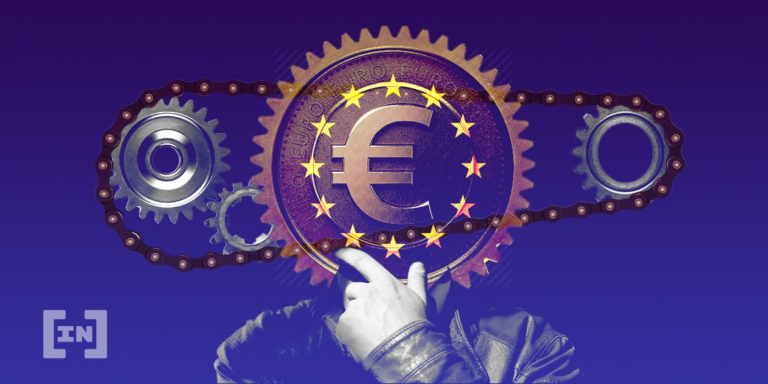

+ There are no comments
Add yours